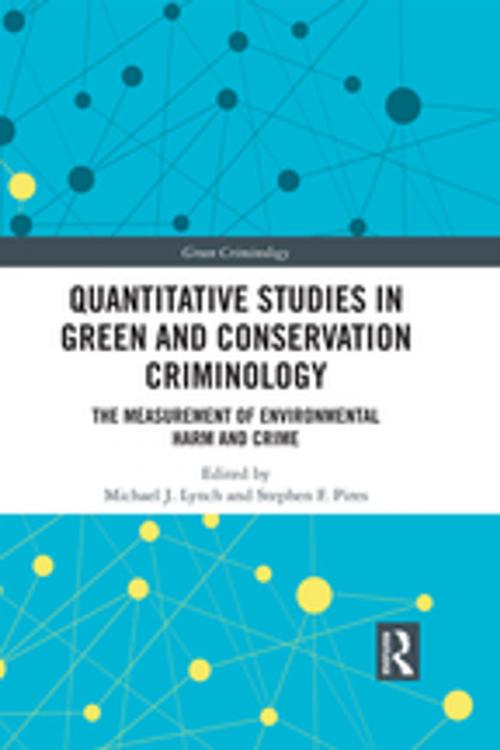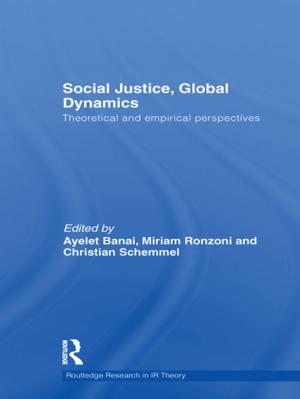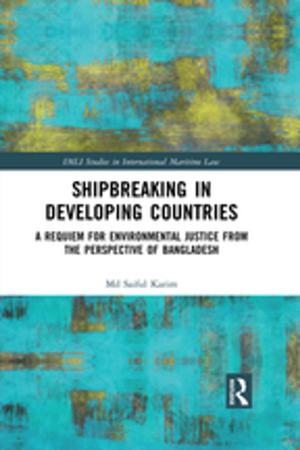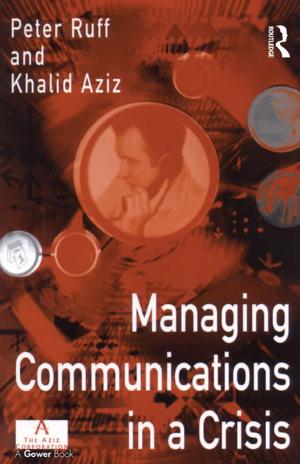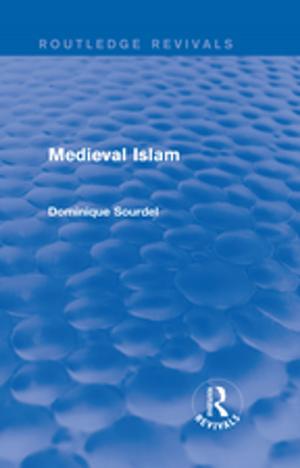Quantitative Studies in Green and Conservation Criminology
The Measurement of Environmental Harm and Crime
Nonfiction, Reference & Language, Law, Environmental, Criminal law| Author: | ISBN: | 9780429844225 | |
| Publisher: | Taylor and Francis | Publication: | July 17, 2019 |
| Imprint: | Routledge | Language: | English |
| Author: | |
| ISBN: | 9780429844225 |
| Publisher: | Taylor and Francis |
| Publication: | July 17, 2019 |
| Imprint: | Routledge |
| Language: | English |
During the early development and throughout the short history of green/conservation criminology, limited attention has been directed toward quantitative analyses of relevant environmental crime, law and justice concerns. While recognizing the importance of establishing a theory and terminology in the early stages of development, this book redresses this imbalance. The work features contributions that undertake empirical quantitative studies of green/conservation crime and justice issues by both conservation and green criminologists. The collection highlights the shared concerns of these groups within important forms of ecological crime and victimization, and illustrates the ways in which these approaches can be undertaken quantitatively. It includes quantitative conservation/green criminological studies that represent the work of both well-established scholars in these fields, along with studies by scholars whose works are less well-known and who are also contributing to shaping this area of research.
The book presents a valuable contribution to the areas of Green and Conservation Criminology. It will appeal to academics and students working in these areas.
During the early development and throughout the short history of green/conservation criminology, limited attention has been directed toward quantitative analyses of relevant environmental crime, law and justice concerns. While recognizing the importance of establishing a theory and terminology in the early stages of development, this book redresses this imbalance. The work features contributions that undertake empirical quantitative studies of green/conservation crime and justice issues by both conservation and green criminologists. The collection highlights the shared concerns of these groups within important forms of ecological crime and victimization, and illustrates the ways in which these approaches can be undertaken quantitatively. It includes quantitative conservation/green criminological studies that represent the work of both well-established scholars in these fields, along with studies by scholars whose works are less well-known and who are also contributing to shaping this area of research.
The book presents a valuable contribution to the areas of Green and Conservation Criminology. It will appeal to academics and students working in these areas.
